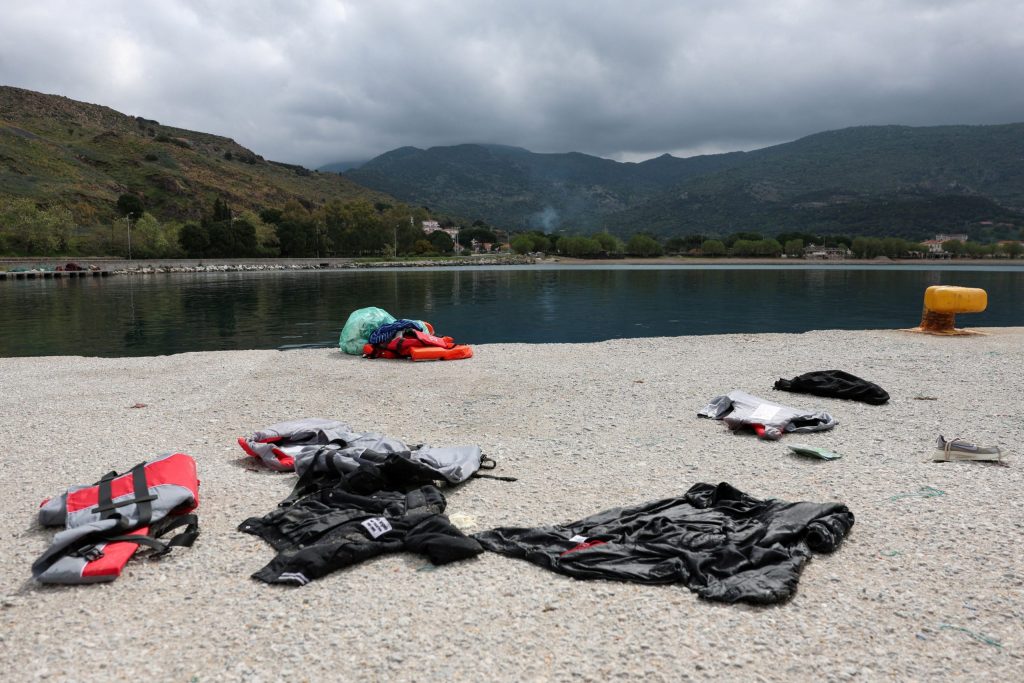Greece is at risk of losing funding from the European Union as Frontex, the EU’s border agency, investigates 12 cases of potential human rights violations linked to Greek migration authorities. This number of investigations is the highest for any EU country, as reported by Politico.
The majority of these cases involve allegations of illegal pushbacks—a practice where migrants are forcibly removed at sea or land borders without proper legal process. Pushbacks are prohibited under the U.N. Refugee Convention and international law. A spokesperson from Frontex, Chris Borowski, stated that the agency expects Greece to follow through on recommendations made after these investigations. If Greece fails to do so, it may lose vital funding, including support for Greek coast guard vessels.
Despite these allegations, Greece has repeatedly denied that it carries out pushbacks. However, in January 2025, the European Court of Human Rights ruled that Greek authorities had been systematically conducting illegal pushbacks, violating European human rights laws. This decision marked a significant blow to Greece’s stance on the issue.
Numerous reports have also documented these illegal pushbacks. Organizations like the Council of Europe, the U.N. Special Rapporteur, the BBC, and the New York Times have all investigated and reported on Greece’s border practices. A November 2024 report from the Greek Council for Refugees claimed that Greece runs a “regime of impunity” where pushbacks of migrants at its borders are a consistent, unlawful practice.
In response to these investigations, the EU has called on Greece to conduct an official inquiry into reports of migrants being abandoned at sea. While Frontex is exerting pressure on Greece, the agency’s own role in these events has been questioned.
In a 2022 investigation, multiple media outlets including Lighthouse Reports, The Guardian, Der Spiegel, and others uncovered evidence suggesting that Frontex had labeled suspected pushbacks as “prevention of departure.” The investigation revealed 22 cases where migrants were removed from dinghies and placed in Greek life rafts, only to be left stranded at sea.
These findings led to the resignation of Frontex’s director, Fabrice Leggeri. Further investigations by the EU’s anti-fraud body, OLAF, uncovered that senior Frontex staff were involved in covering up pushbacks and failing to investigate the reported violations.
Despite the ongoing pressure, Greek Prime Minister Kyriakos Mitsotakis has stood by Greece’s migration strategy. In March 2025, he reiterated that Greece’s approach aims to reduce unauthorized migration, claiming success with reduced arrivals.

